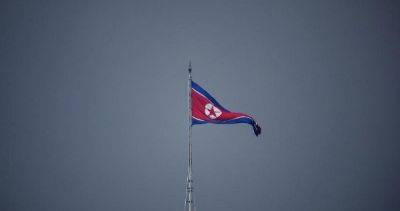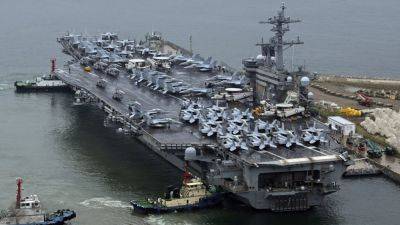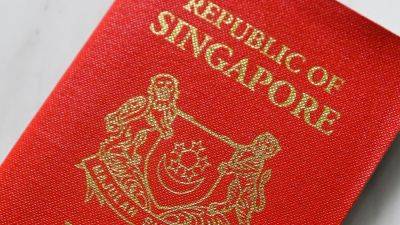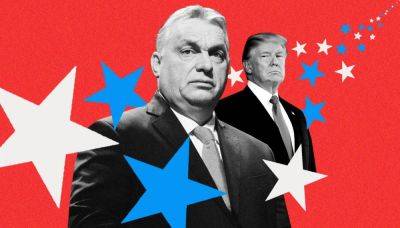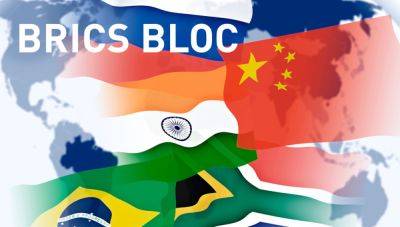As Asian discontent grows, will it take a world war to reform the IMF?
Is it time to give up the pretence of a globalised world and of multilateral cooperation? Should we resign ourselves to the prospect of living in an autarkic world of nations that are fated to become increasingly competitive, defensive and protectionist – possibly to the point of a world war?
The Bretton Woods institution, founded in a golden age of international cooperation in 1944, could be destined to simply “fade away”, said former chief economist Raghuram Rajan in the June special issue of the IMF’s Finance & Development publication.
Earlier this week, the IMF’s Independent Evaluation Office published a report, “The Evolving Application of the IMF’s Mandate”, challenging the “comprehensiveness, inclusive decision-making, transparency and even-handedness” of the IMF when operating in certain policy areas.
Fundamental governance and quota reforms are needed within the IMF, as Rajan (a former Reserve Bank of India governor and now a University of Chicago economics professor) put it. But whether a world divided politically, polarised economically and literally at war in places can agree on such far-reaching reforms is, to put it politely, moot.
Like any multilateral body, the IMF enjoys only as much power as its (fractious) owners are prepared to give it. It sometimes seems that great reforms follow only on the heels of great wars, and that has been the case for a long time, not least after the second world war. Nations, systems and cultures clash and from the battered and exhausted remains emerges renewed idealism – for a while.
Would we be that worse off without it? The IMF has after all had its share of policy mistakes, such as those made during the 1997 Asian financial crisis when Washington-based economists mistook the


